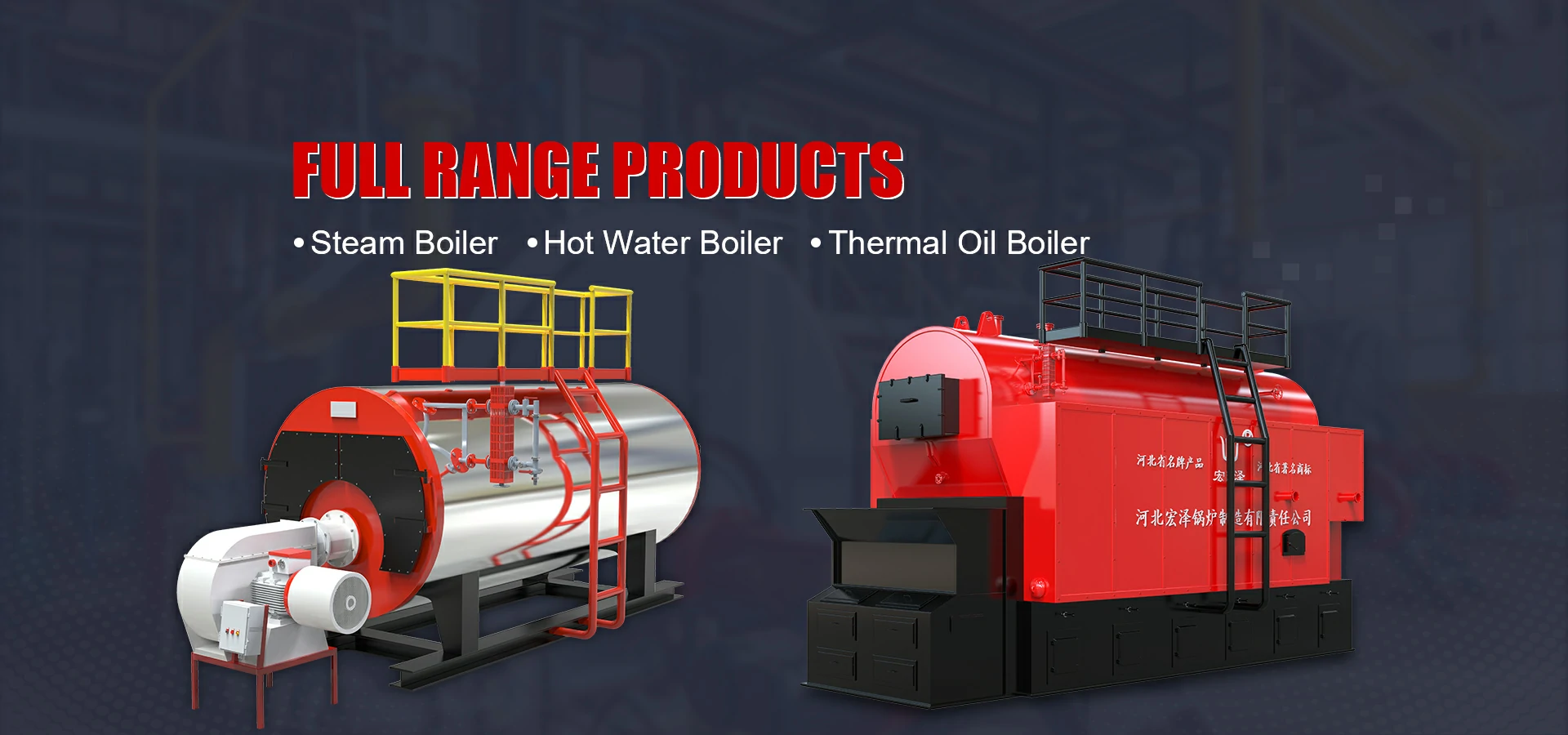
Nov . 08, 2024 09:57 Back to list
Understanding the Functionality of Gas-Fired Boilers and Their Operation Principles
How Does a Gas-Fired Boiler Work?
Gas-fired boilers are a popular choice for heating residential and commercial spaces. Their efficiency, reliability, and ability to deliver consistent heat make them a favored option for many homeowners. But how exactly do these systems function? Understanding the mechanics behind gas-fired boilers can help you appreciate their role in your heating system and ensure proper maintenance and operation.
At the core of a gas-fired boiler is its combustion process. The boiler uses natural gas, which is supplied through pipelines connected to the home or building. The gas is ignited in a burner within the boiler, producing a flame that generates heat. This process begins when the thermostat detects a drop in temperature and signals the boiler to turn on.
How Does a Gas-Fired Boiler Work?
The heat exchanger is a critical component of the boiler. It is designed to facilitate the efficient transfer of heat from the burner flames to the water. As the water is heated, it expands and moves through a series of pipes, providing warmth to radiators or underfloor heating systems throughout the building. The heated water can also supply domestic hot water for sinks and showers.
how does a gas fired boiler work

In steam boilers, the heated water turns into steam, which then travels through pipes to radiators, where it condenses back into water and returns to the boiler for reheating. This cycle continues, keeping the building at a comfortable temperature.
Safety is a paramount concern in gas-fired boilers. They are equipped with multiple safety features to prevent dangerous conditions. For instance, a pressure relief valve ensures that the pressure within the system does not exceed safe levels. Additionally, modern boilers often feature carbon monoxide detectors, which alert the homeowner to any potentially dangerous gas leaks.
Efficiency is another impressive aspect of gas-fired boilers. Most modern units are designed to be energy-efficient, often achieving Annual Fuel Utilization Efficiency (AFUE) ratings of 90% or higher. This means that a significant percentage of the energy in the gas is converted to usable heat, minimizing waste and reducing energy bills.
Regular maintenance is essential to ensure the efficient and safe operation of a gas-fired boiler. Homeowners should schedule yearly inspections by a qualified technician to check for potential issues, such as leaks or sediment buildup in the heat exchanger. Regular maintenance not only extends the life of the boiler but also ensures that it operates at peak efficiency.
In summary, gas-fired boilers are a reliable and efficient option for heating residential and commercial buildings. They operate through a straightforward combustion process that heats water or produces steam, distributing warmth throughout the space. With proper maintenance and attention to safety features, these boilers can provide a comfortable and efficient heating solution for years to come. Understanding how they work empowers homeowners to take better care of their systems and make informed decisions regarding their heating needs.
-
Oil Fired Hot Water Boilers Sale - High Efficiency & Affordable
NewsJul.31,2025
-
High-Efficiency Commercial Oil Fired Steam Boiler for Industry
NewsJul.30,2025
-
High-Efficiency Biomass Fired Thermal Oil Boiler Solutions
NewsJul.30,2025
-
High Efficiency Gas Fired Thermal Oil Boiler for Industrial Heating
NewsJul.29,2025
-
High-Efficiency Gas Fired Hot Water Boiler for Sale – Reliable & Affordable
NewsJul.29,2025
-
High Efficiency Biomass Fired Hot Water Boiler for Industrial and Commercial Use
NewsJul.29,2025
Related PRODUCTS






















